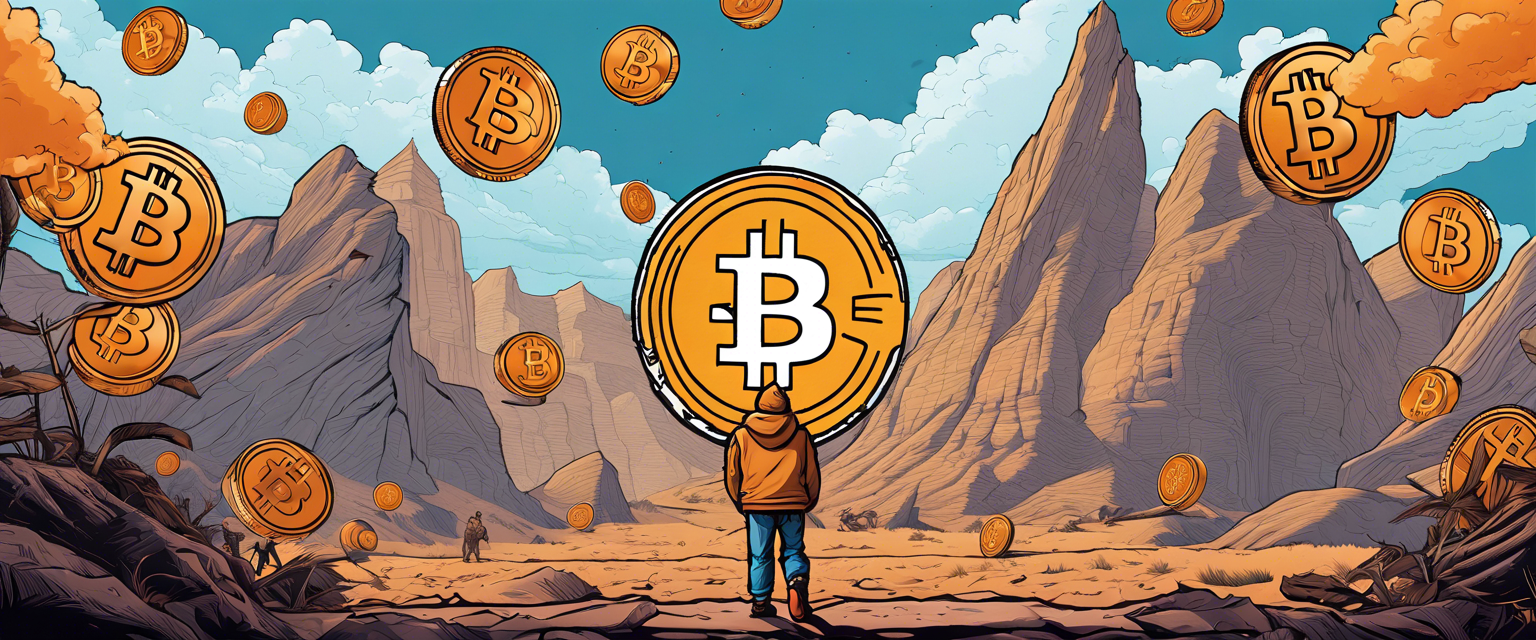The Legal Battle: OpenAI vs. The New York Times
In December 2023, the New York Times initiated a significant lawsuit against OpenAI, alleging copyright infringement related to the use of its articles in training AI models. OpenAI CEO, Sam Altman, has voiced strong criticism of this legal action, highlighting the implications it has on the future of AI in the media industry.
Background of the Lawsuit
The New York Times claims that OpenAI, alongside Microsoft, leveraged Journalistic content without proper licensing, raising concerns around copyright laws and the ethical use of media in AI technology. Altman discussed these developments during an interview at the DealBook Summit in New York City with journalist Andrew Ross Sorkin.
Altman’s Perspective
While Altman refrained from diving into specific details of the lawsuit, he emphasized his belief that the New York Times may be misjudging the implications of AI for the media landscape. Rather than viewing AI as a threat, Altman suggested that a fair compensation model needs to be established to benefit creators when their work is used in AI training and responses.
Proposed Solutions for Content Creators
In response to the ongoing legal debate, Altman proposed an innovative opt-in model allowing creators to earn micropayments for their contributions to AI outputs. This system aims to create a symbiotic relationship between AI developers and content creators, offering new revenue streams while respecting the original work.
The Role of AI in Journalism
The controversy surrounding the New York Times lawsuit underscores the growing importance of understanding AI's influence on journalism. The Times has accused OpenAI of prioritizing its content during the development of large language models (LLMs) like ChatGPT, suggesting that this leads to a manipulation of outputs to replicate specific content.
OpenAI's Position
Conversely, OpenAI disputes these assertions, stating that the model's behavior does not conform to the Times' allegations. They argue that the New York Times may have prompted the model in ways that led to responses reflecting very specific viewpoints, challenging the integrity of their claims.
Broader Implications on Copyright and AI
This lawsuit is part of a larger trend of legal scrutiny faced by OpenAI, with several prominent authors expressing concerns about copyright infringement. Notable figures like George R.R. Martin and Sarah Silverman have joined the list of plaintiffs aiming to safeguard creators' rights in the burgeoning AI landscape.
The Authors Guild's Action
Recently, the Authors Guild was successful in compelling OpenAI to produce communications from employees regarding their social media engagement related to work. The legal ramifications of these cases will influence not only OpenAI’s operational strategies but also the overarching dynamics of AI and the creative industries.
Altman’s Vision for Fair Use
Echoing the importance of adapting to new economic realities, Altman argues that discussions around fair use should evolve. He is advocating for a framework that supports the idea that creators have essential opportunities for revenue generation as a counterbalance to the advancements in AI technology.
Conclusion
The ongoing disputes highlight a crucial crossroads where technology meets creativity. As these conversations unfold, it remains critical to navigate the complexities of copyright laws, fair compensation, and the future of media in an increasingly automated world.



Commenta
Nota che i commenti devono essere approvati prima di essere pubblicati.
Questo sito è protetto da hCaptcha e applica le Norme sulla privacy e i Termini di servizio di hCaptcha.